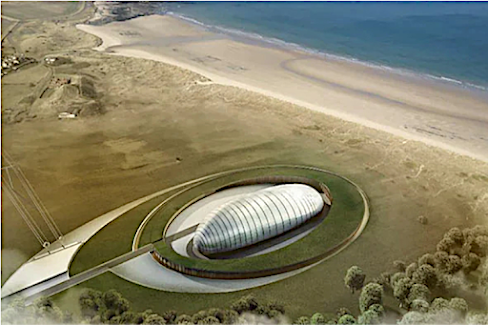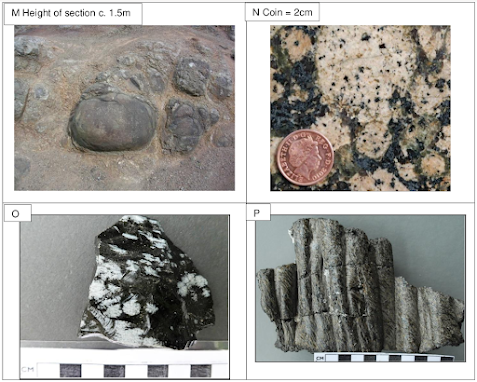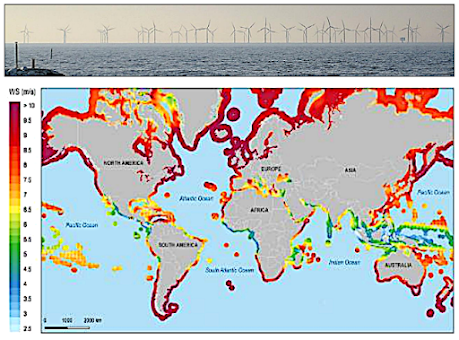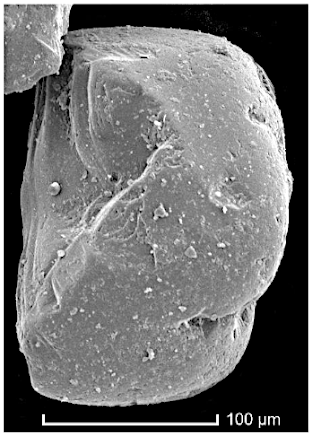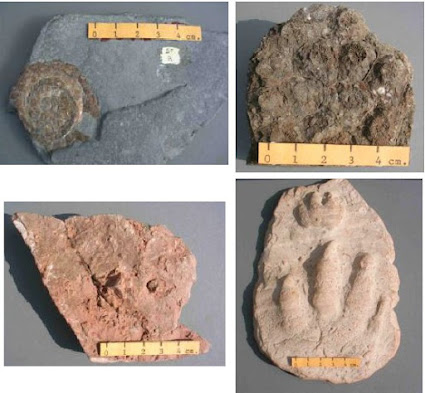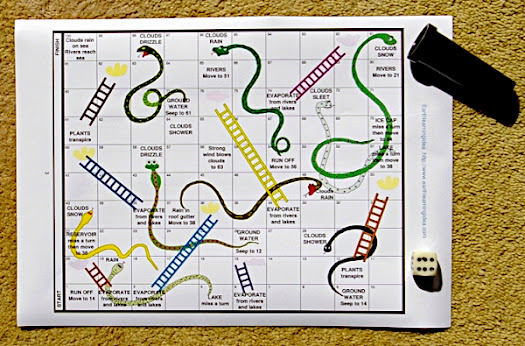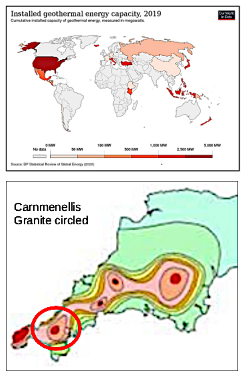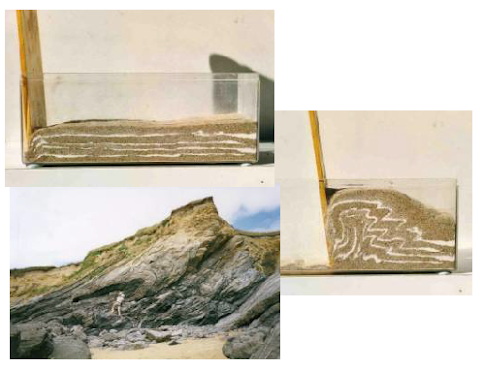The new ELI today is another is our 'picturing' series - 'Picturing tectonic structures – 2 folding: visualise and draw fold structures from a verbal description'.
These 'picturing' activities enhance pupils’ skills of description and interpretation using photographs of folded rocks at various scales.
Related activities can be found in our 'Deformation - folding and faulting' category.




